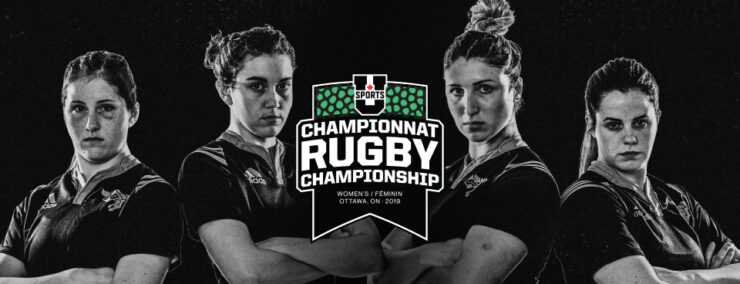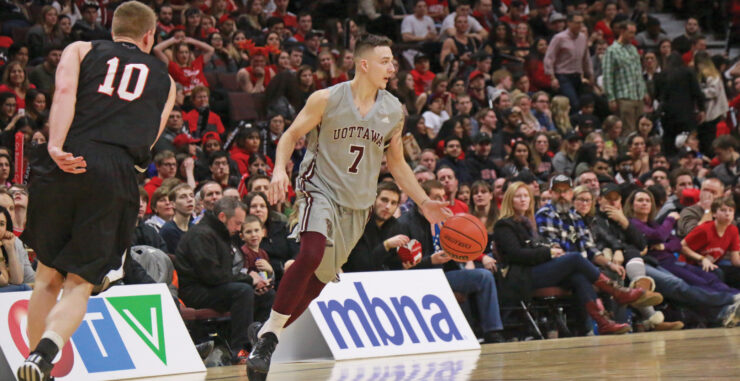Athletes and the pregame rituals that are more important than you think
With athletes consistently trying to achieve peak performance during competitions, they have to develop an all-encompassing approach to preparing on game day.
You might be surprised to know that doesn’t just mean stretching, and avoiding the poutine on the week of the big game.
Athletic rituals typically include mental, nutritional, and physical preparation. Although the nutrition and physical aspects are commonly always present an athlete’s life, it’s the mental aspects that are sometimes overlooked.
The effects and consequences of a lack of mental preparation are still being understood in the sporting world, with more and more being discovered as athletes communicate to greater degrees about their mental tricks to get in the zone.
In almost every sport, level of ability, strength, speed, and skill are shared across the board by top-level performers.
Despite this, in every sport perennial winners and champions emerge and become known as “clutch performers”. The pre-game routine is often credited in understanding how athletes perform under high pressure moments.
FIFA Women’s Player of the Year Abby Wombach asserts that mental preparation is key to achieving the highest possible results on the field.
“Coming into every game, I’m just trying to mentally prepare myself to leave it all on the field. Four hours before the game I eat a good meal—nothing too heavy. I hydrate all day long and I do a lot of mental imagery, I picture myself playing the game, I see myself doing all those things that my team is counting on me to do,” Wombach told ESPN.
While all sports programs and teams at every level of professional competition have full-time technical and conditioning coaches, few have full-time sport psychologists.
Moreover, when sport psychology is offered to athletes, its presence is usually vastly different from the physical conditioning and technical regimens that athletes benefit from.
Troubled NBA player Metta World Peace (formerly known as Ron Artest) attributed much of the reformation of his life to sports psychologists.
Sport psychologists can work with many professional athletes and teams, as well as Olympic and university teams. Here at the University of Ottawa, sport psychologists are readily available to all athletes experiencing issues, but mental wellbeing isn’t seen as a fundamental component of the training itself.
Nicholas Wagman, Gee-Gee Clubs 2015 Male Athlete of the Year, of the fencing team uses a consistent routine to maintain confidence prior to a competition.
“Personally, I maintain the exact same routine the day of the competition from 6:30 a.m, when I wake up to the moment I compete,” said Wagman.
The use of steady routine for every game and competition, which has been known to border superstition by professional and amateur athletes alike, is how many atheletes maintain mental focus.
The pressures and excitement of gameday can provide many distractions to mental focus and confidence prior to competing. Effectively using pregame routines allows for players to diminish nervous anxiety while boosting mental toughness and positive energy toward achieving maximum performance.
When you’re only a yard short of winning that championship, your pregame routine might be the thing that can push you to the next level. If this is the case, the mental pregame routine has an added importance for athletes seeking to gain an edge over their opponents.





